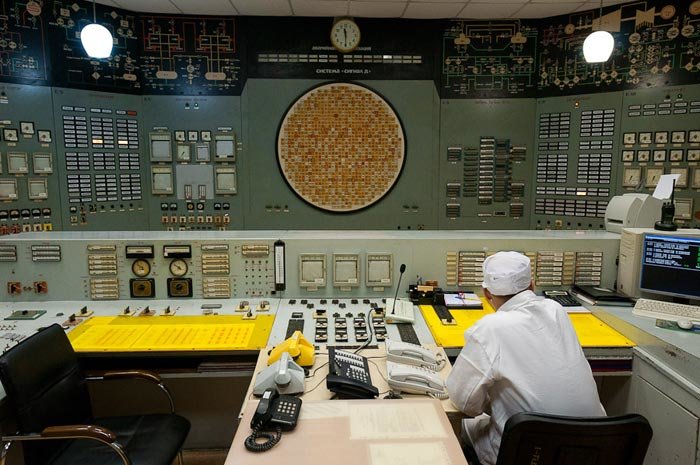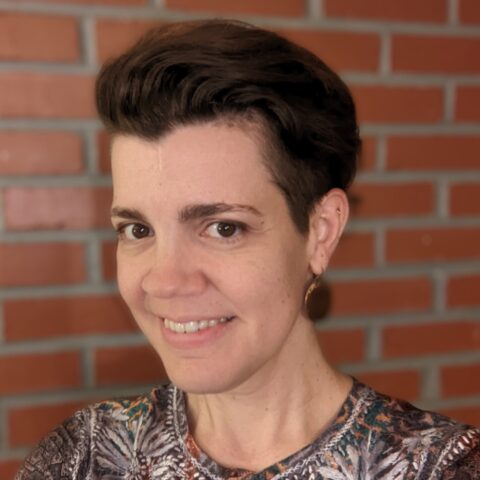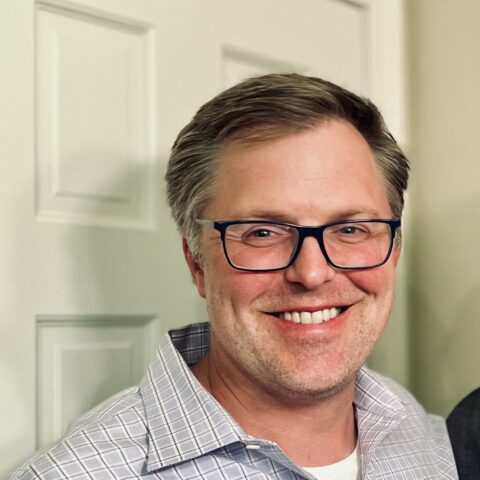
Incidents are unplanned investments
We help you maximize your return
You’re having incidents because you’re successful.
The good news: Incidents are by-products of the complexity that comes with growing a successful business.
The bad news: These surprises are disruptive, painful and costly. You’re losing money and time dealing with them. Worse, your company isn’t learning much from them. The response to incidents is mostly localized and short-term “fixes.”
Helping organizations handle this “incident ROI” dilemma is what we do.
Incidents are unplanned investments. They’re also opportunities. We can help you:
- understand what your incidents are trying to tell you, and
- learn from these painful experiences.
ACL brings research-driven methods and approaches to drive effective incident analysis in software-reliant organizations.
Our work goes beyond typical template-driven “postmortem” analyses.
We have over four decades of experience with incident analysis and organizational learning from events in complex systems. We’ve worked with organizations in tech, medicine, aerospace, finance, and manufacturing. We study decision making, problem detection and identification, and diagnosis and response coordination — all under “normal” conditions of increasing pressure, complexity, ambiguity, uncertainty, and high consequences of failure.
The most valuable part of our work is when our clients learn how to direct this deep-level analysis themselves and build an internal community of incident analysts.
We’ve worked on incidents you know and ones you’ll never hear about. Just to be clear: people don’t call us up to discuss the weather and how well things are going. They call us because of trouble, sometimes scary trouble.
We are experts in trouble.
It’s impossible for me to look at incidents like I used to.
— ACL Coaching Participant
It’s as if I’m seeing in color for the first time.
What We Do
Learning from Incidents Assessment
We use research methods to assess how well your organization learns from incidents, what your teams actually learn, and how that insight influences budgets, training, hiring, roadmaps, etc.
We deliver a full report of these findings that identifies opportunities and a clear set of recommendations.
Incident Analysis Training & Coaching
We can give you the skills to get deeper insight into your incidents, and in less time.
This project bootstraps the development of effective incident analysis expertise in your company, taught and coached by pioneers of event reconstruction and software accident investigation.
Aftermath Analysis
We perform independent Incident Analysis on short notice.
If you’ve experienced a high-profile incident and are under intense pressure from stakeholders to quickly produce a thorough analysis of the event, we can help.
Bespoke Projects
All our engagements are customized to some extent, but we also design projects that are unique to a specific organization’s needs.
Examples of bespoke projects include: an analysis of reliability and resilience messaging in marketing materials; an evaluation of a customer engagement program; and a series of workshops to engage a variety of stakeholders in support of resilience OKRs.
Open Workshops
Occasionally we offer open online workshops: a hands-on “learning-by-doing” experience drawing on real incidents. The format blends training and coaching to equip participants with critical analytic and investigational skills.
Our Team

John Allspaw
John Allspaw has worked in software systems engineering and operations for over twenty years in many different environments. John’s publications include the books The Art of Capacity Planning (2009) and Web Operations (2010) as well as the foreword to “The DevOps Handbook.” His 2009 Velocity talk with Paul Hammond, “10+ Deploys Per Day: Dev and Ops Cooperation” helped start the DevOps movement.
John served as CTO at Etsy, and holds an MSc in Human Factors and Systems Safety from Lund University.

Beth Adele Long
Beth Adele Long is a writer and software engineer with over twenty years of experience building, maintaining, and repairing web systems (mostly repairing). While at New Relic, she led the collaboration with the SNAFUcatchers consortium.
With Dr. Richard Cook, Beth co-authored “Building and revising adaptive capacity sharing for technical incident response: A case of resilience engineering,” the first academic paper on Resilience Engineering in the software domain.

Dr. David Alderson
David L. Alderson teaches at the Naval Postgraduate School where he is Professor in the Operations Research Department and serves as Founding Director for the Center for Infrastructure Defense.
Over the last 25 years, Dr. Alderson’s research has focused on the function and operation of critical infrastructures, with particular emphasis on how to invest limited resources to ensure efficient and resilient performance in the face of accidents, failures, natural disasters, or deliberate attacks. His research explores tradeoffs between efficiency, complexity, and fragility in a wide variety of public and private cyber-physical systems.

Dr. David Woods
Dr. David Woods founded Resilience Engineering as an approach to safety in complex systems in 2000-2003 as part of the response to several NASA accidents.
David is currently professor at the Ohio State University in Dept. of Integrated Systems Engineering with pioneering research on the interaction between humans and technology in risk critical activities for almost 40 years. His books on safety and resilience engineering include Resilience Engineering: Concepts and Precepts (2006), Behind Human Error (2010), and Resilience Engineering in Practice (2011). (publications)

Dr. Richard I. Cook
Dr. Richard Cook co-founded Adaptive Capacity Labs with John Allspaw and David Woods. He died in August, 2022.
He was a research scientist, physician, and pioneer in Resilience Engineering for safety in complex risk-critical worlds, and author of the seminal paper “How Complex Systems Fail” (video) as well as Behind Human Error (2010).
Richard was emeritus professor of healthcare systems safety at Sweden’s KTH. (publications)
Our Clients
Our clients range in size from 150 to over 40,000 employees around the globe, and provide goods and services via B2B and B2C. They represent a wide range of categories and markets, including:
Online Travel
Food Delivery
Enterprise Collaboration SaaS
Telecommunications
Streaming Media
Network Infrastructure Services
Healthcare Tech SaaS
Public Cloud Infrastructure
Government Research
FinTech/Trading Exchange
Construction Project SaaS
Recruiting/Employment SaaS



This was a transformative experience. I feel privileged to have had the opportunity to receive this training and I am positive there are no comparable alternatives available in the market that come close to what is offered here by ACL.
— ACL Coaching Participant
Contact Us
We are currently accepting new projects for 2024.
Our first step is always an exploratory call to learn about your situation and describe our offerings in more detail.